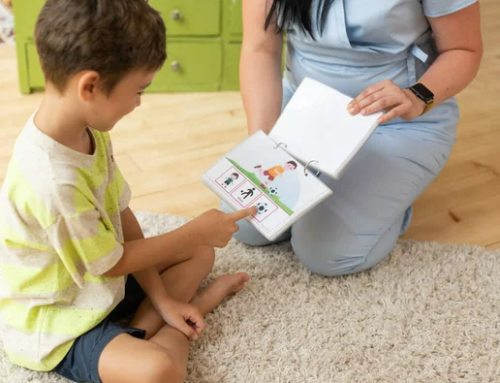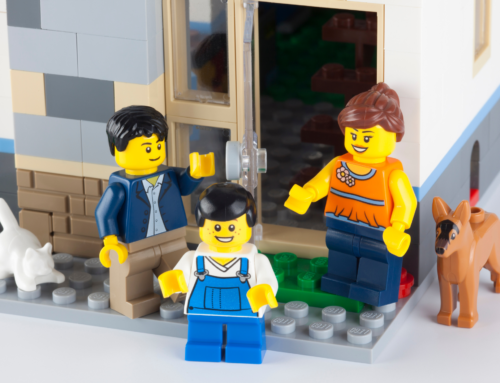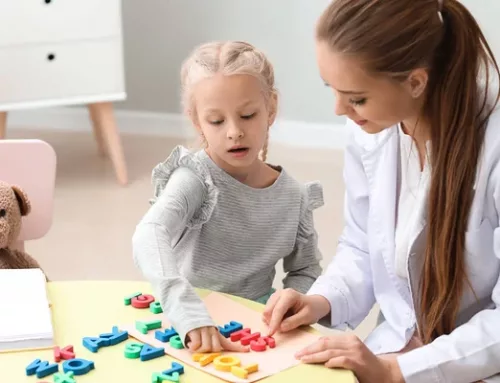Friendships and social interactions can take many forms and can be hard at times. Across the board, social interaction is identified as an important factor in predicting physical and mental health in people, ranging from infancy, right through to older adults. So it might be time to prioritise social time for yourself and your loved ones.
Social interaction can be hard, but it’s so good for us! What we know is, friendships and social interactions can take many different forms, look and feel vastly different from individual to individual. And although friendships and social interaction can take many forms, across the board it is identified as an important factor in predicting physical and mental health in people, ranging from infancy, right through to older adults.
For children and teens friendships are entirely different compared to adult friendships, but young and old, we all experience similar benefits from engaging in them. For children and teens, forming and maintaining relationships can be simpler in a sense, it may be as easy as asking to share the toys in the sand pit or being in the same class or sporting team. Communicating can be easier as well as there is more time to talk on the phone for hours, write each other letters with colourful pens, or just catch up over lunch at school. In saying that, these friendships pose unique challenges that we don’t get in the adult world. Adult friendships pose their own unique challenges. They can be difficult due to time pressures, clashing schedules, varying expectations, and straight up forgetting to send that text or respond to that event.

Whilst friendships and social interactions can pose some pressures and we may experience stress and anxiety involved with forming and maintaining relationships, the benefits are just too good to ignore! It has been found that the positive effects of social interaction are not just limited to interactions with people in which we have close bonds (e.g. family and friends), but more broadly our social interactions with acquaintances or even relative strangers has been found to positively contribute to our wellbeing.
Research suggests that healthy social interactions and connections have profound positive effects on our wellbeing:
- Decreases risk of and reduces the impact of mental illness (depression and anxiety)
- Improves problem solving abilities
- Encourages creativity
- Increases empathy, compassion and altruism
- Assists in the development of identity and self-esteem (across the lifespan)
- Increases confidence
- Provides a sense of belonging and purpose
- Reduces the risk of serious physical illness
- Increased academic performance (in school students)
- Enhances communication and negotiation skills
- Releases Oxytocin ‘the love hormone’ which triggers a number of flow on effects that make us feel calm, happy and relaxed.
So, the importance of getting out there, pushing our limits and engaging with others is clear to see. Staying connected with family and friends or reaching out to develop new relationships has never been more appealing. Whilst it may be challenging, it is also important for parents to support your child to reap the rewards of social interactions listed above while also encouraging them to see the benefits for themselves. This may be as simple as setting up a hang out with existing friends, joining a new sporting team or community group, or teaching your kids some simple tips for striking up new friendships.
With the rise in technology, it has never been easier either. We can now stay connected via phone call, texts, Instagram, snapchat, Instagram, facetime, email and so much more. But keep in mind, nothing beats face-to-face, real-life interaction!
So, make plans to catch up with friends over coffee, go for lunch, join a new sporting team, go for a walk, meet new people – all of these will give you an opportunity to feel and experience the positive effects of social interaction. Weather we opt for intimate 1:1 interactions, larger social gatherings or get-togethers, or interactions with people we hardly know, the evidence suggests that these interactions are great for our health in so many ways.
Regardless of how we choose to go about social engagement, what is important is that we are getting involved, and that what we do, we enjoy! So today, have a look at your calendar and book out some time to enjoy the benefits of social interactions.

Sally Speed
References
Bond, L., Butler, H., Thomas, L., Carlin, J., Glover, S., Bowes, G., & Patton, G. (2007). Social and school connectedness in early secondary school as predictors of late teenage substance use, mental health, and academic outcomes. Journal of Adolescent Health, 40(4), 357-e9.
Umberson, D., & Karas Montez, J. (2010). Social relationships and health: A flashpoint for health policy. Journal of health and social behavior, 51(1_suppl), S54-S66.
Sandstrom, G. M., & Dunn, E. W. (2014). Social interactions and well-being: The surprising power of weak ties. Personality and Social Psychology Bulletin, 40(7), 910-922.
Ishii-Kuntz, M. (1990). Social interaction and psychological well-being: Comparison across stages of adulthood. The International Journal of Aging and Human Development, 30(1), 15-36.









